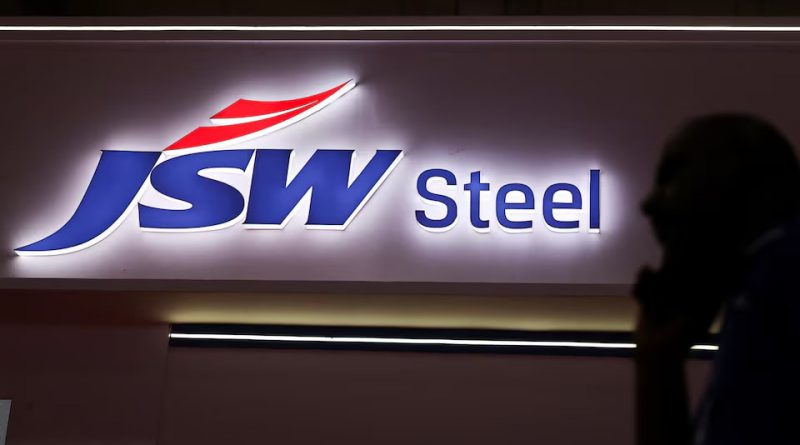Indian Steel Producers Seek Relief from Import Curbs on Metallurgical Coke
India’s steel industry is voicing growing concern over the government’s restrictions on the import of metallurgical coke (met coke), a critical raw material used in steelmaking.
The import curbs, originally introduced to strengthen domestic production, have now sparked worries among producers about potential supply limitations and rising operational costs.
At the India Steel 2025 Conference in Mumbai, JSW Steel’s Chief Executive Officer Jayant Acharya addressed the issue, emphasizing that while JSW Steel remains self-sufficient in met coke, many other producers are finding it difficult to meet their operational needs.
He explained that JSW Steel continues to source its coking coal mainly from Australia, the United States, and Mozambique, ensuring a stable supply for its facilities.
However, Acharya noted that several other Indian steel mills are not in the same position of security. In the first half of 2025, domestic suppliers could only meet about half of India’s total metallurgical coke demand, leading to calls from steel producers to ease the current import restrictions.
The government’s curbs, imposed in January, were aimed at protecting the domestic met coke industry and encouraging local production, but the impact has been mixed for the broader steel sector.
In June, the government extended the import restrictions and introduced country-specific quotas, capping total imports at 1.4 million tons between July and December.
This move, while supportive of domestic coke manufacturers, has been seen by steel producers as too limiting for an industry that relies heavily on steady and high-quality fuel supplies.
Many producers have urged policymakers to increase the quotas to at least seven times the current limit, highlighting that insufficient met coke availability could impact steel production and, in turn, infrastructure growth.
JSW Steel, one of India’s leading steelmakers, has reportedly appealed for a higher import allocation, particularly for its units in Karnataka and Chhattisgarh, where operational challenges have emerged due to the quota system.
These appeals underline the need for a balanced approach that supports both domestic coke producers and the steel industry’s production requirements.
India’s steel output continues to expand, as the country is the world’s second-largest producer of crude steel. This growth has led to a corresponding rise in demand for metallurgical coke, used primarily as a reducing agent in blast furnaces.
Over the past four years, imports of low-ash met coke have more than doubled, with major suppliers including China, Japan, Indonesia, Poland, and Switzerland.
The government, while maintaining its focus on promoting self-reliance, has encouraged steelmakers to increase local sourcing wherever possible.
Trade Minister Piyush Goyal has emphasized that developing domestic capacity for met coke production is vital for long-term sustainability and reducing import dependency.
Still, industry experts believe that a gradual and flexible approach may be more effective. A temporary increase in import quotas could help stabilize supply, ensure uninterrupted steel production, and prevent price fluctuations in the market.
India’s steel sector is a cornerstone of the nation’s economic development, supporting large-scale construction, manufacturing, and export industries.
The ongoing dialogue between steelmakers and policymakers is therefore crucial in ensuring that both industrial growth and domestic production goals are aligned.
The situation presents an opportunity for India to strengthen its metallurgical coke ecosystem through technology upgrades, better quality control, and investment in efficient production methods.
Balancing domestic capacity building with international sourcing will be key to sustaining the momentum of India’s rapidly growing steel industry.



